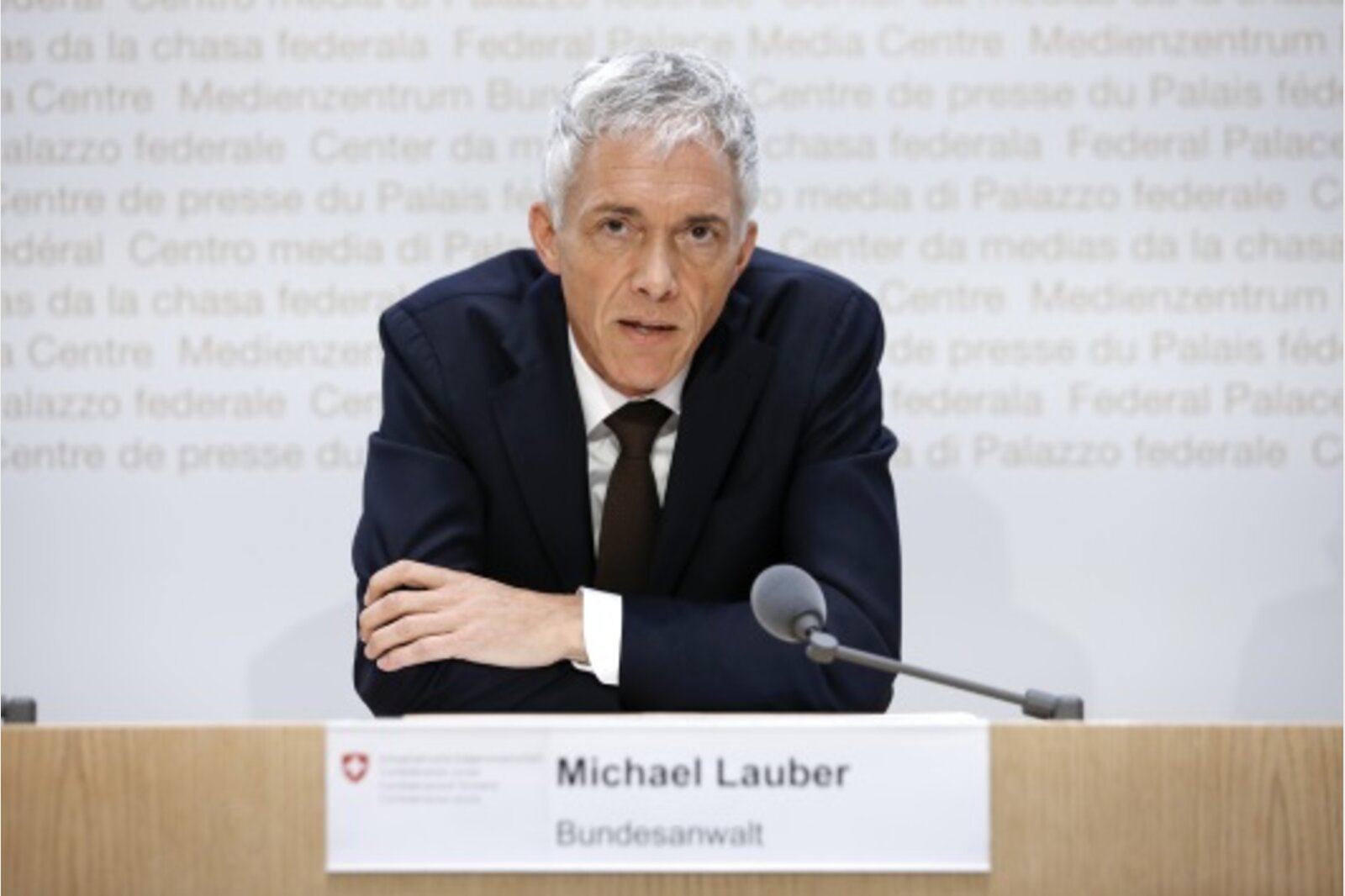Press release regarding judgment A-3612/2019
Lauber case: delegation to third party not permitted
The Supervisory Authority of the Federal Government for the Office of the Attorney General is not permitted to delegate the disciplinary investigation of the Lauber case to a third party. Decisions by third parties are invalid. This is the decision reached by the Swiss Federal Administrative Court.

In June 2019, the Supervisory Authority of the Federal Government for the Office of the Attorney General (SA-OAG) commissioned the external expert Peter Hänni, professor for constitutional and administrative law, to conduct a disciplinary investigation into Swiss Attorney General Michael Lauber. As the investigator-in-charge, Hänni is making enquiries into the conduct of the proceedings by the Office of the Attorney General (OAG) in the FIFA cases.
At the beginning of July 2019, the Attorney General informed the Supervisory Authority that he had entrusted the lawyers Lorenz Erni and Francesca Caputo with protecting his interests. Erni is also the legal representative of the former FIFA President Joseph Blatter.
Lawyers not permitted
On 3 July 2019, the investigator-in-charge ruled that the two lawyers were not permitted to represent and advise the Attorney General. He also removed the suspensive effect of any appeal against the decision. Hänni justified his decision with a conflict of interest as the lawyers were both representatives of a party in the FIFA cases and representing the Attorney General, whose actions in connection with the FIFA proceedings were to be investigated. The Attorney General and his lawyers lodged an appeal against this decision with the Federal Administrative Court (FAC) in mid-July.
Contested decision has no legal effect
The FAC points out that the transfer of administrative duties and the power of disposal of organizations outside the Federal Administration requires a sufficient legal basis.
On the whole, the organizational and procedural provisions for disciplinary investigation give rise to no legal grounds that would allow the SA-OAG to outsource a disciplinary investigation and to grant an external person powers of disposal. The investigator-in-charge issued the decision without the SA-OAG transferring him the duty of conducting the investigation and the associated powers of disposal in a lawful manner. The contested decision therefore has no legal effect.
The appellant's request for restoration of the suspensive effect is therefore dismissed. The appeal is not being considered. The FAC also rules that the decision of the investigator-in-charge is invalid.
This judgment may be appealed to the Federal Supreme Court.
Contact

Rocco Maglio
Press secretary
